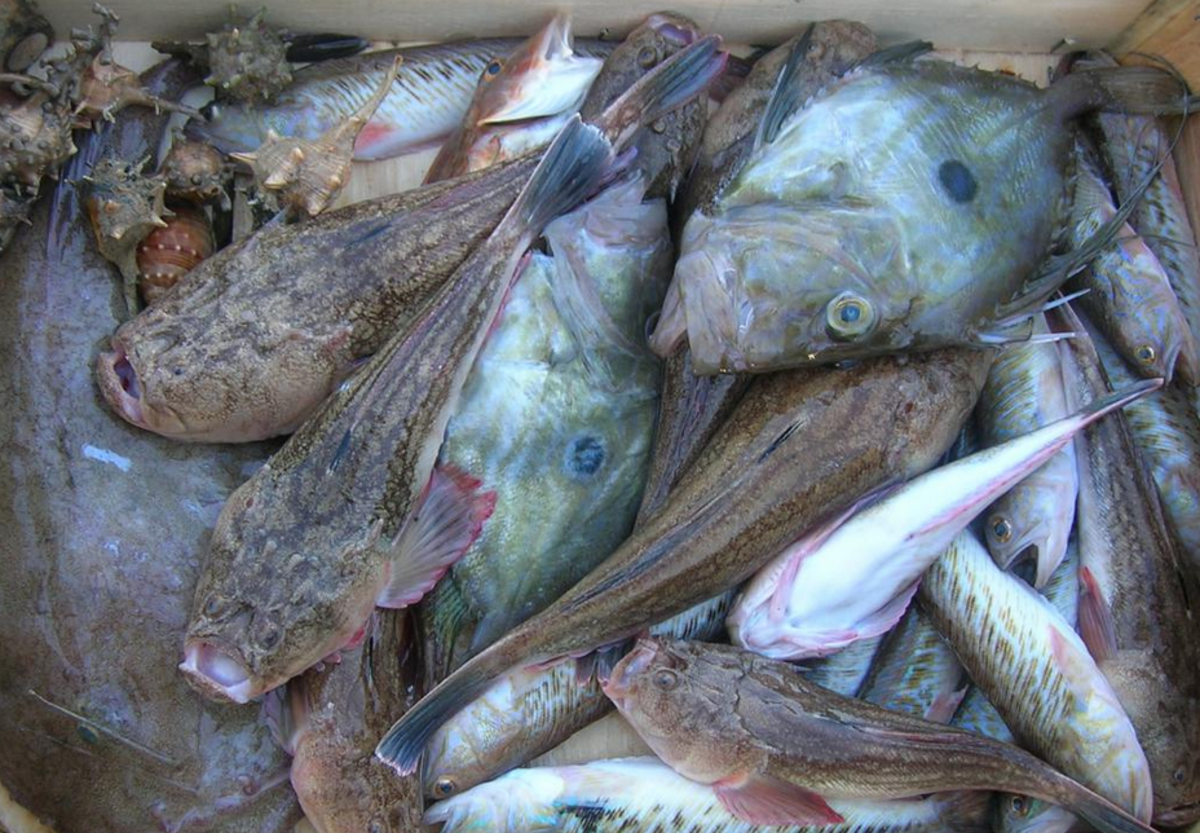The scientific advisers, including JRC experts, investigated how more food and biomass can be obtained from the oceans in a way that does not deprive future generations of their benefits.
The request for scientific advice was put forward by Karmenu Vella, Commissioner for Environment, Maritime Affairs and Fisheries, on behalf of the Commission.
The High Level Group's opinion draws on the best available scientific and technical evidence from across Europe and identifies the potential for a large increase in food obtained from the oceans (up to three or four fold), in particular from mariculture (the cultivation of marine organisms, such as algae and shellfish, in the ocean).
The Group recommended integrating a responsible culture and capture approach to food from the ocean into EU and global policy agendas; the full potential of mariculture, including through greater attention in policies such as the implementation of the 2014 EU Directive on Marine Spatial Planning and in sustainable fisheries partnership agreements between the EU and southern partner countries; and promoting sustainable wild-capture, among others by ensuring that all by-catch is recorded, landed and used and providing effective tools to prevent environmental damage in our oceans.
The Group also recommended increasing policy cooperation between Member States, promoting initiatives such as the Blue Bio-economy Forum and further developing the Common Fisheries Policy’s science advice system, and facilitating pilot fishing of as-yet unexploited species.
The JRC supported the Group throughout the process and contributed with knowledge and data on fisheries and aquaculture.
This Scientific Opinion will inform maritime, fisheries and aquaculture policy development and implementation in the coming years to help increase the quantity of sustainable food coming from the ocean. It will also be considered in the wider context of sustainable food and biomass production from the planet's land and water resources.
Background
The Scientific Advice Mechanism (SAM) was established in October 2015 to contribute to the quality of EU legislation and complements the existing science advisory structures of the Commission.
Its High Level Group of Scientific Advisors comprises up to seven independent eminent scientists, appointed in their personal capacity.
The SAM HLG began its work on the scientific opinion on Food from the Oceans in early 2017 following a request from Commissioner Vella in late 2016 to understand "How can more food and biomass be obtained from the ocean in a way that does not deprive future generations of their benefits?"
The Opinion answers this question in terms of where the potential increase lies, how feasible is its exploitation, over what timescale, and what factors could influence potential use. The evidence, knowledge and expertise informing the Scientific Opinion ranges from natural and engineering sciences perspectives on biological potential and ecosystem impact to social sciences and humanities perspectives on economic feasibility, consumer acceptance, governance systems, social licence, impact on coastal communities of different potential pathways as well as the implications of increasing production through alternative routes. The Opinion is relevant to the global ocean, not just European waters and harvesting activities.
This is the third Scientific Opinion the High Level Group has delivered, in addition to two explanatory notes.
The Group is currently also working on Opinions on “Authorisation processes for plant protection products” and "Carbon Capture and Utilisation", which are expected to be published in 2018.
Links:
The Scientific Advice Mechanism (SAM)
COMMISSION DECISION of 16.10.2015 on the setting up of the High Level Group of Scientific Advisors
Authorisation processes of plant protection products in Europe
Novel carbon capture and utilisation technologies: research and climate aspects
